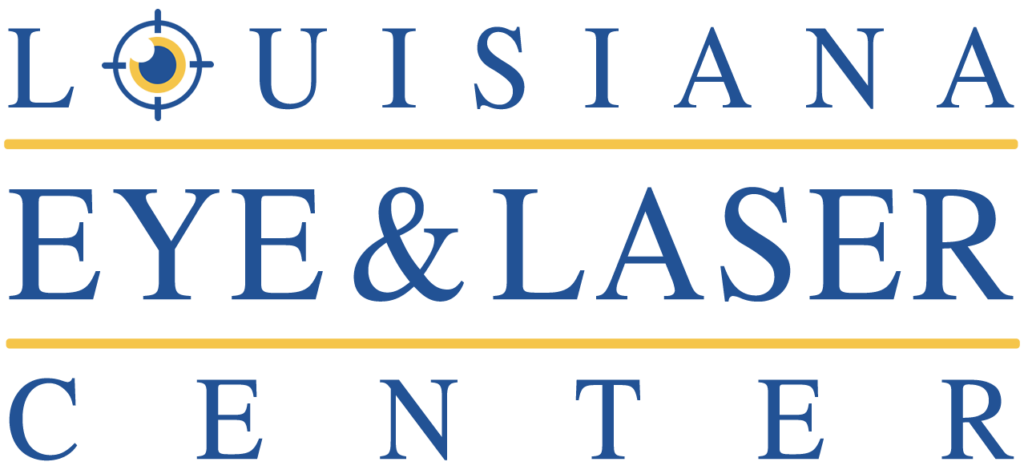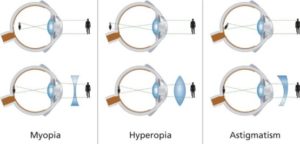LASIK is a popular eye procedure that is all the hype these days to correct refractive errors of the eye. This procedure can help you gain your healthy, 6/6 vision back in no time. The success rate of LASIK is undoubtedly very high, and therefore, people with a refractive error are frequently going for it. However, there are some requirements that need to be fulfilled before you are deemed a perfect candidate for the surgery. Your eye specialist guides you about all of them. Let’s dive into the requirements for LASIK surgery.
What is the age requirement for LASIK?
This is a fairly common question that potential LASIK candidates come up with. There is a Food and Drug Authority (FDA) approved age limit for LASIK surgery. According to the FDA, only 18 years and older people with a refractive eye problem can get the LASIK surgery done. That is why people younger than 18 years are not recommended to go for it.
Currently, there is no FDA-approved laser treatment for people under 18 years. Therefore, if you have refractive eye errors, you need to wait until you hit 18 years of age to get rid of glasses or contact lenses. Also, refractive problems tend to fluctuate a lot in the younger population, so this age limit has medical significance as well. Your eyes are only matured once you reach 18 years of age. So, doctors advise waiting for the eyesight to become stable and get the surgery done after turning 18 years old. Some doctors prefer 21 years and older candidates and believe that LASIK surgery gives better outcomes at this age.
Who are the best LASIK eye surgery candidates?
As mentioned before, LASIK is the best available laser treatment for refractive errors of the eye. People with refractive errors, such as nearsightedness, farsightedness, and astigmatism, are the best candidates for this surgery.
There are some other conditions too that you need to fulfill before going for this procedure. First of all, you should be at least 18 or over eighteen. Some doctors can ask you to wait till you hit 21. Moreover, your general health should be good. Once you fulfill these two criteria, the next is your eye health. Your eye doctor will carry out a complete eye examination to ensure that your eye health is appropriate for LASIK.
One of the most important things is having a stable vision. Your eyesight should be stable for almost a year to go for LASIK. If your vision is frequently fluctuating, then it is an indication that your corneal shape is changing. This implies that the results of LASIK would not be long-lasting.
Can you get LASIK for astigmatism?
LASIK is the most popular corrective laser surgery for refractive errors, and astigmatism is one of them. Astigmatism is caused due to irregular shape of the cornea. Due to this irregularity, the light that passes through the cornea and refracts to the retina of the eye changes causing vision problems like blur, hazy image. LASIK surgery involves working on the cornea and reshaping it to correct issues with light refraction. So, LASIK surgery can cure astigmatism.
Who should not get LASIK eye surgery?
There are some contraindications that should be considered in LASIK candidates. Your eye specialist takes a complete history and performs a thorough examination to rule out contraindications to LASIK surgery. Following are some factors that make you unfit for LASIK surgery.
- If your immunity is low or you are taking some immunosuppressive agents
- If your general health is not good, and you have uncontrolled chronic diseases
- If you are under 18 years of age
- If your eyesight is not stable for the last one year
- If you have an eye condition called dry eye, which is characterized by decreased tear production
- If you have eye conditions like keratoconus, glaucoma, amblyopia, and strabismus
- If you have any eye condition that may influence the healing process
- If you have an eye infection or injury
- If you are pregnant as hormonal changes can affect LASIK outcome
Also, the severity of your refractive error plays an imperative role in deciding your suitability for LASIK. If it is too severe, LASIK might not be helpful for you.
If you are considering LASIK surgery, schedule an appointment with an eye specialist as soon as possible. Your eye surgeon will find out the suitability of the LASIK surgery based on your history and examination.






